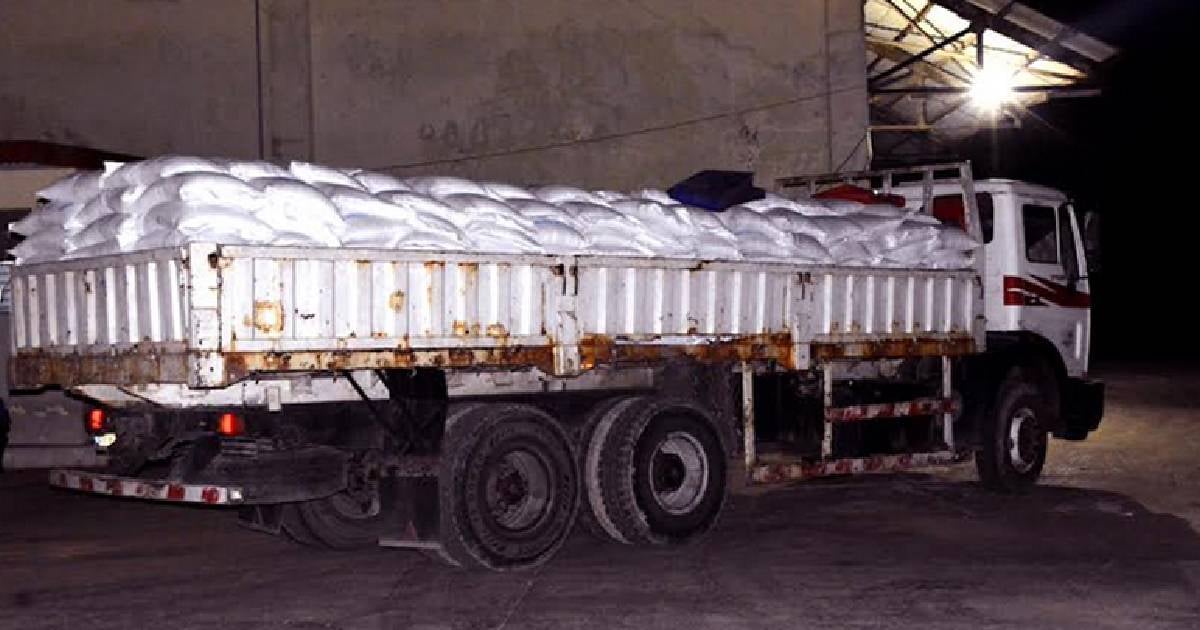A privately-owned truck transporting 88 bags of local rice was halted at kilometer 141 on the National Highway, near Jagüey Grande, Matanzas. According to the pro-government Facebook page “Con Todos La Victoria,” the shipment lacked any legal documentation to verify its origin or possession, and it did not have the necessary authorization from the Ministry of Agriculture or a self-employment license (TCP).
Investigations revealed that the person responsible for this load was Raciel Santana Martínez, who has a criminal history involving theft. The regime-supporting page highlighted that the rice was intended for resale in Havana, where it would have been sold at “exorbitant prices,” they claimed.
This incident underscores the Cuban government's attempt to project the image of taking action against crime and corruption, particularly regarding a scarce commodity like rice. Currently sold at high prices, rice is used as an example to suggest efforts to curb the speculation of essential foods in the country.
As part of the Cuban regime’s crackdown on illegal activities, last Wednesday, authorities detained two trucks loaded with 15 tons of rice in Cienfuegos. The pro-government Facebook page “Las Cosas de Fernanda” reported that in Aguada de Pasajeros municipality, authorities intercepted the trucks carrying a total of 322 bags of rice, equating to 15 tons.
Meanwhile, the regime has repeatedly demonstrated its inability to ensure the distribution of food through ration booklets at government stores. Last Thursday, the government of Las Tunas announced it could only guarantee the distribution of two pounds of rice per consumer in December.
Yunier Batista, director of the Wholesale Food Company, justified the rice shortage by explaining that only two pounds per consumer were being sold, pending delivery from November, as reported by the state-run Tiempo 21 on its Facebook page. To compound the issue, it was announced that an additional two pounds would be distributed in the coming days, without clarifying whether they were for November or December, leaving families uncertain about their food supply during the significant end-of-year period.
FAQs on Rice Scarcity and Government Actions in Cuba
What was the reason for the arrest in Matanzas?
The arrest in Matanzas was due to a truck transporting 88 bags of rice without the necessary legal documentation or authorization, intended for illegal resale in Havana.
How is the Cuban government addressing rice scarcity?
The Cuban government is attempting to address rice scarcity by cracking down on illegal activities and ensuring limited rationed distribution, though their efforts have been criticized for being insufficient.
What challenges does Cuba face with food distribution?
Cuba faces challenges in food distribution due to shortages, insufficient government resources, and an inability to meet the demands of its population, leading to limited rations.
